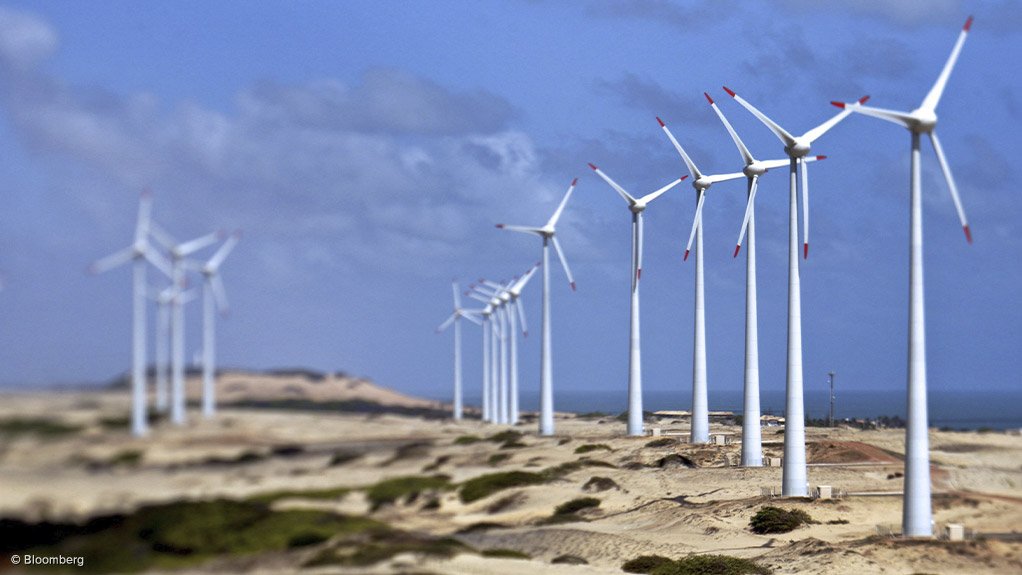With Covid-19 and climate change arguably posing the greatest existential threats to this generation, as well as future generations, calls are strengthening for economic stimulus measures adopted by governments in response to the pandemic to embrace sustainability and climate goals.
International Renewable Energy Agency (Irena) director-general Francesco La Camera made this appeal in the agency’s ‘Renewables Capacity Statistics 2020’ report, which was released last week. The publication shows that the renewable-energy sector added 176 GW of generating capacity globally in 2019, mostly in the form of solar photovoltaic and wind generators, and accounted for 72% of all power expansions last year.
The outlook for 2020 is far less certain, with forecasts now indicating that the pace of renewables deployments will decline, owing to the impact that the global Covid-19 health crisis is having on supply chains, construction and new investment. Prior to the pandemic, the International Energy Agency (IEA) forecast that 2020 would be a record year for renewable-electricity additions, with the global installation of solar PV and wind generators forecast to outpace the 2018 level of 179 GW by over 20%.
On April 4, however, the IEA indicated that the pandemic was already negatively affecting activity. Solar PV supply chains, which are dominated by Chinese factories, have been disrupted, while the wind energy supply chain has been affected by factory closures in China, Italy, Spain and India. The IEA warns that the economic impact of the coronavirus could translate to renewable capacity additions in 2020 slowing down “for the first time in history”.
The agency proposes three main actions to help repair the economic damage, including: extending deadlines for commissioning projects beyond 2020 to account for delays due to supply-chain disruptions or labour constraints; developing specific financing measures and incentives for renewable projects in upcoming stimulus packages; and aligning short-term policy actions on renewables with long-term visions that aim to achieve a rapid peak in greenhouse-gas emissions this decade and a steep decline thereafter.
Irena’s La Camera also stresses the need for governments to avoid the temptation of focusing on short-term solutions only. “At this challenging time, we are reminded of the importance of building resilience into our economies.”
The IEA, meanwhile, argues that stimulus packages provide countries with a unique opportunity to prepare the world’s electricity infrastructure for a future that will require strong grids and greater sources of flexibility to accommodate increasing shares of variable renewables such as wind and solar PV.
The fundamentals are also increasingly supportive of proposals for integrating clean-energy into post-Covid-19 stimulus packages: renewables technologies are increasingly cost competitive, even after their variable production profiles are complemented by flexible sources of generation; while the industry is emerging as a major employer. Factors that are amplified in a country such as South Africa, which has solar and wind resources that are superior to those found in most other countries.
“The coronavirus pandemic poses a significant threat to the timely deployment of renewables and their vital contribution to clean energy-transitions. But governments can enable these technologies to emerge from the crisis with renewed momentum and play an important role in the global economic recovery," the IEA argues.
Are our policymakers listening?
EMAIL THIS ARTICLE SAVE THIS ARTICLE ARTICLE ENQUIRY FEEDBACK
To subscribe email subscriptions@creamermedia.co.za or click here
To advertise email advertising@creamermedia.co.za or click here













